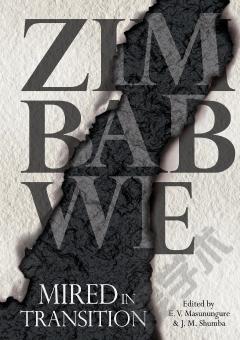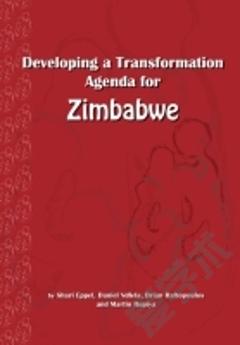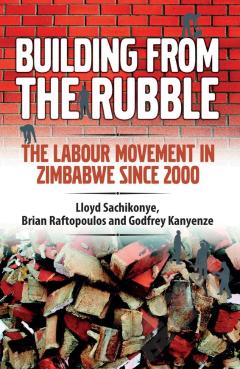Zimbabwe: Mired in Transition
Three years after the advent of Zimbabwe's Inclusive Government in February 2009, the country still awaits the elections that people hope will lead to a more enduring political settlement. Zimbabwe: Mired in Transition reviews the experience of recent years assesses the progress that has been made. What is the public mood, and how has it changed? What steps have been taken to reform the media? How important is a new constitution. Although the economy has stabilised to some extent with the adoption of a multi-currency regime, industrial and agricultural production are depressed, and investment inflows are limited; what spaces exist for fiscal reform? Are local authority structures and the state bureaucracy equipped to handle the tasks that will ne asked of them? In terms of two important areas, the book extends its analysis further back than 2009. First, is the issue of emigration. Estimates of the number of Zimbabweans in the diaspora range from three to four million; what impact us this having on national development, and to what extent might the trend of migration be reversed? The second concerns young people, the chapter on which concludes: 'We already have a "e;lost generation"e; - those who were once called the "e;born frees"e;. Unless positive changes are made, we will still have another'. This collection of eleven essays examines in detail some of the pressing questions which Zimbabweans must ask as they chart a way forward.
{{comment.content}}








 京公网安备 11010802027623号
京公网安备 11010802027623号